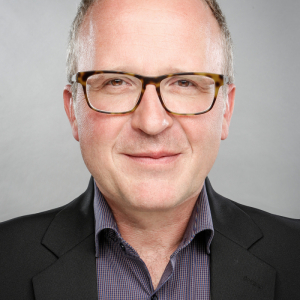Completed Research project
Funded by the Volkswagen-Stiftung (2016-2019). It is based on a cooperation within the Leibniz Research Network "Historical Authenticity".
Project collaborators: Achim Saupe (ZZF), Christoph Kohl (GEI and HSFK), Barbara Christophe (GEI), Heike Liebau (Leibniz Centre for Modern Oriental Studies, ZMO)
Project Management: Georg Eckert Institute - Leibniz Institute for International Textbook Research (GEI)
What role does the claim to authenticity play in the discourses of populism in Brazil, India and the Ukraine, and what significance does mediality have here? Debates about authenticity, as they take place in post-colonial or post-socialist social contexts, have so far been considered within the framework of theoretical reflections on populism and its authoritarian tendencies. This was where the project comes in. (Right-wing) populist and fundamentalist movements that put pressure on previous dominant discourses are on the rise worldwide - also in Brazil, India and the Ukraine. Populists claim to argue particularly authentically as the voice of the "people". Precisely because attention is a scarce commodity in the digital age, they are launching a shrill competition to find a hearing with their assertion of authenticity. The emphasis on authenticity can be interpreted as an objection to mainstream constructivism or as confirmation of a pluralization of opinions. Together with experts from Brazil, India and the Ukraine, an interdisciplinary and cross-country discussion took place on how authenticity claims are constructed in populist discourses, how such discourses are reflected in various media formats (e.g. textbooks and social media), and what role media logic plays in the radicalization of discourses. The focus was on country-specific social controversies about historical narratives and memory practices, the actors involved and their interests, and the media strategies applied.

